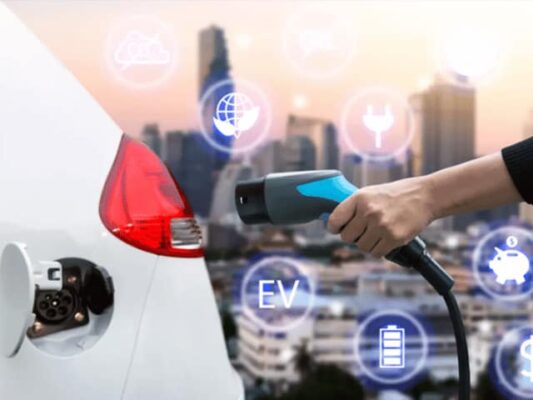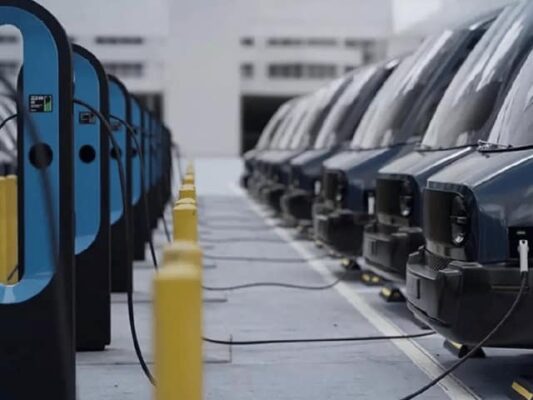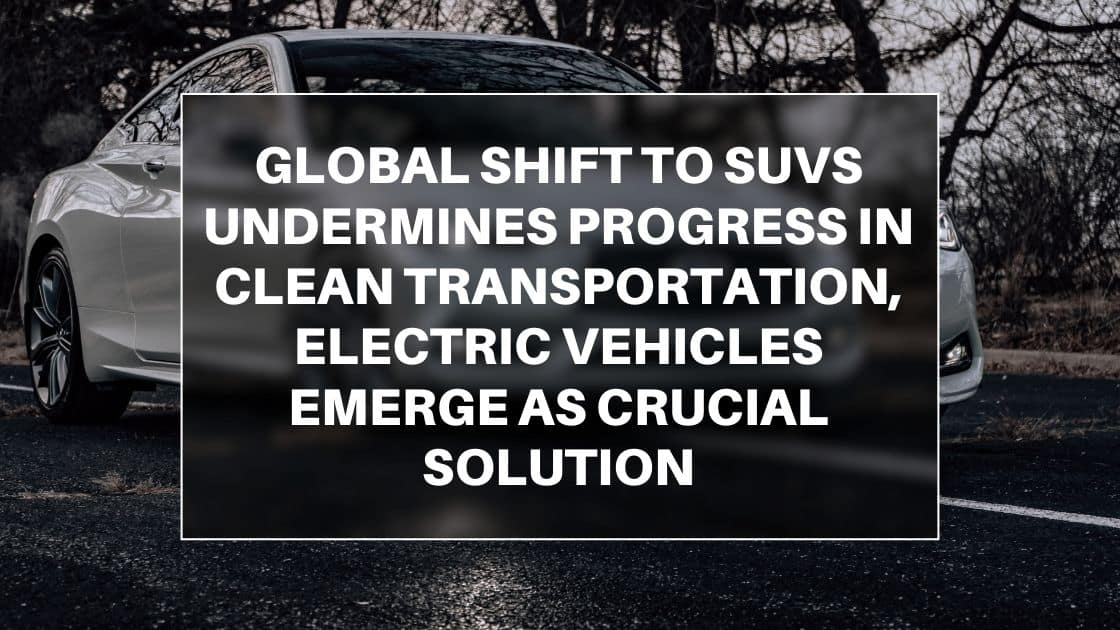The world’s increasing preference for larger cars, particularly sport utility vehicles (SUVs), is significantly offsetting the strides made in cleaner vehicle technologies, according to a recent report from the Global Fuel Economy Initiative. The report suggests that if consumers had continued to purchase the same size cars over the past decade, the negative impact on the climate from passenger vehicles could have decreased by more than 30%.

SUVs now represent over half of all new car sales globally, contributing to the rise in carbon dioxide emissions. The initiative, a collaboration of cleaner vehicle groups, estimates that the environmental impact from SUVs could have been reduced by more than one-third between 2010 and 2022 if consumers had maintained their preference for smaller cars.

One potential remedy to this situation is the adoption of electric vehicles (EVs). While SUVs dominate the market, EVs have emerged as a cleaner alternative. The shift to EVs is exemplified by consumers like George Parrott in West Sacramento, California, who switched to cleaner vehicles in 2004 with a Toyota Prius and later embraced pure-electric cars, including an electric SUV.

However, the transition to EVs faces challenges, particularly in the United States, where EV sales accounted for only 7.3% of the market in 2022, compared to 15% globally. The U.S. market has seen a decline in smaller vehicles or sedans, with SUVs claiming a majority share. Industry experts note that consumer preferences for larger vehicles, such as 7-passenger SUVs, contribute to the dominance of SUVs in the market.

Efforts are underway to improve fuel economy and emissions from gas-powered vehicles, including SUVs, through initiatives by the U.S. Department of Transportation, the Environmental Protection Agency, and the National Highway Traffic Safety Administration. However, the industry is grappling with the challenge of maintaining efficiency as EVs, which typically have larger batteries, become more prevalent.
As the automotive industry continues its pursuit of sustainable solutions, the Global Fuel Economy Initiative’s findings are expected to be a focal point at the upcoming COP28 U.N. climate change talks, highlighting the urgent need to address the environmental impact of vehicle choices worldwide.

